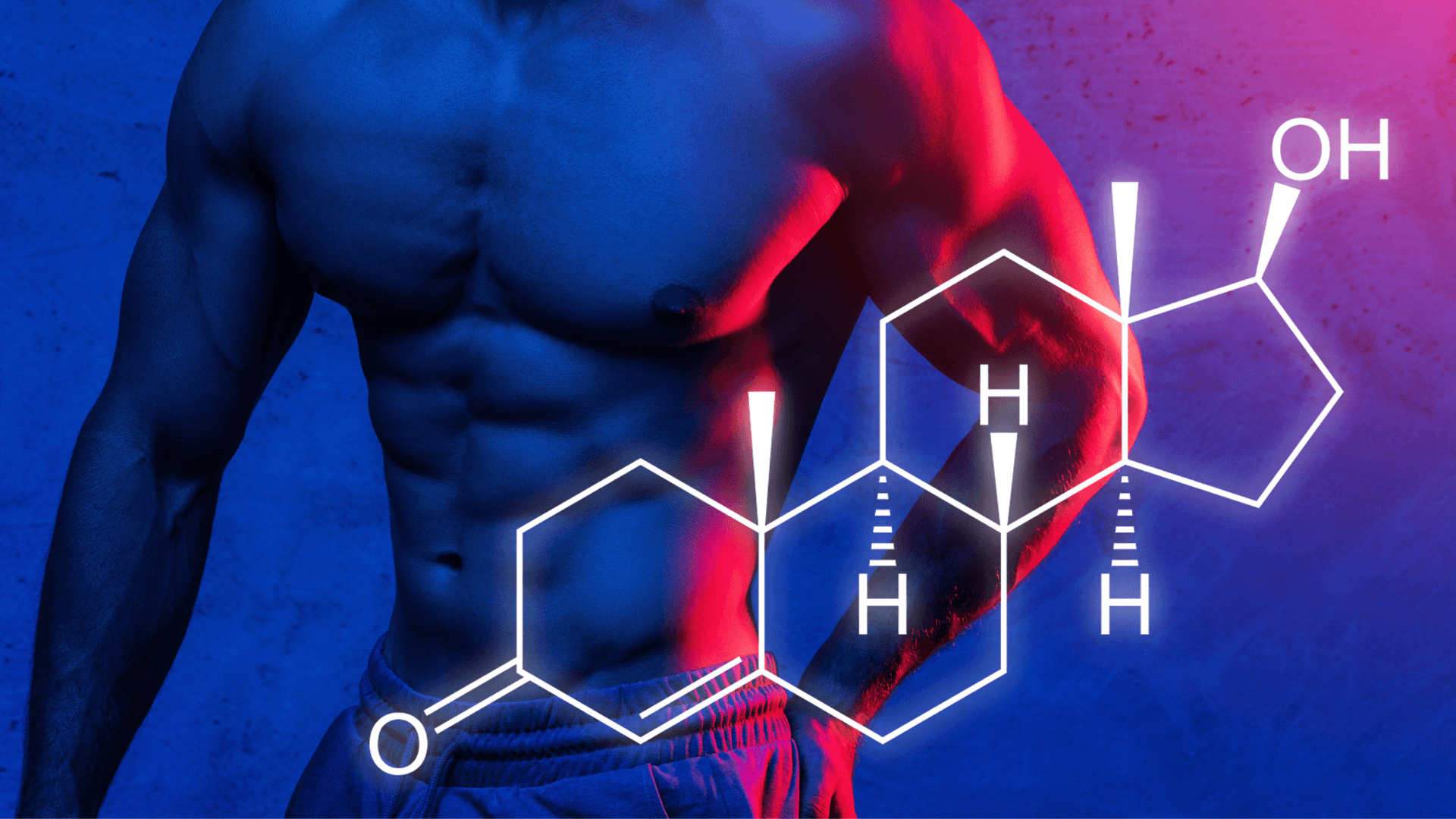With all of your hectic obligations related to work and family, you’re less likely to associate your fatigue, irritability, weight gain, or a reduction in your sex drive to anything other than stress.
However, if these symptoms occur often or their severity is increasing, you need to consider the possibility that low testosterone is playing a significant role in your troubles.
What you had chalked up to stressful circumstances could be a legitimate medical condition—Low T.
Stress and Low T: The Connection
Here’s the thing about stress and Low T—they’re often locked together in a spiral of decline. In addition to the joy-robbing symptoms we mentioned above, you may also be experiencing the following:
- A noticeable decrease in motivation to exercise
- Unhealthy dietary choices
- Poor sleep patterns
These symptoms could be the result of stress, or the result of reduced testosterone production. If they’re caused by stress, the resulting harmful lifestyle patterns can significantly damage your testosterone levels. If they’re at their root the symptoms of Low T, they’re going to increase your stress level. Either way, the cycle of harm will feed itself, one factor worsening the other.
To find out if you’re caught in this cycle of ill-health and emotional unease, and to determine with your medical provider what your next steps will be, you’ll need to get your testosterone levels checked. However, the battery of tests needs to include your Free Testosterone levels.
Most doctors use your Total Testosterone levels in reaching a diagnosis, but this an inferior method that often leads them to incorrect conclusions.
Read more about proper methods for diagnosing Low T.)
Stress and Low T: There’s Good News
The good news is that, if your doctor does get the correct information and diagnoses you with Low T, you get the opportunity to put those symptoms behind you and feel more like you again. That is the result you can reasonably expect when your testosterone levels are restored to a healthy range by following a Testosterone Replacement Therapy (TRT) protocol.
After some time with normalized testosterone levels, you can expect many of the following benefits:
- Reduced fat
- Increased muscle
- Improved concentration
- Better sleep patterns
- Healthier bone density/strength
- Increased strength and athletic performance
- Improved mood
- Better insulin sensitivity
- Improved erectile function
- Heightened motivation
- Increased sense of wellbeing
As you can clearly see, these are far more attractive than the haggard lifestyle we described at the top of this article.
By breaking the stress and Low T cycle, you’ll feel more like yourself, physically, mentally, and emotionally. That is the overarching benefit of TRT.
Learn more about common treatment protocols and the timeline for seeing the myriad benefits of TRT here.
The Stress and Low T Cycle: Next Steps to Feeling Better
The first thing you need to do is learn the truth about your condition, and that means a thorough lab test measuring your Free Testosterone.
So many benefits could be yours, most of all feeling like yourself again, because Low T is very treatable. The most effective way to restore and then maintain healthy testosterone levels, to break the stress and low testosterone cycle, is Testosterone Replacement Therapy (TRT).



